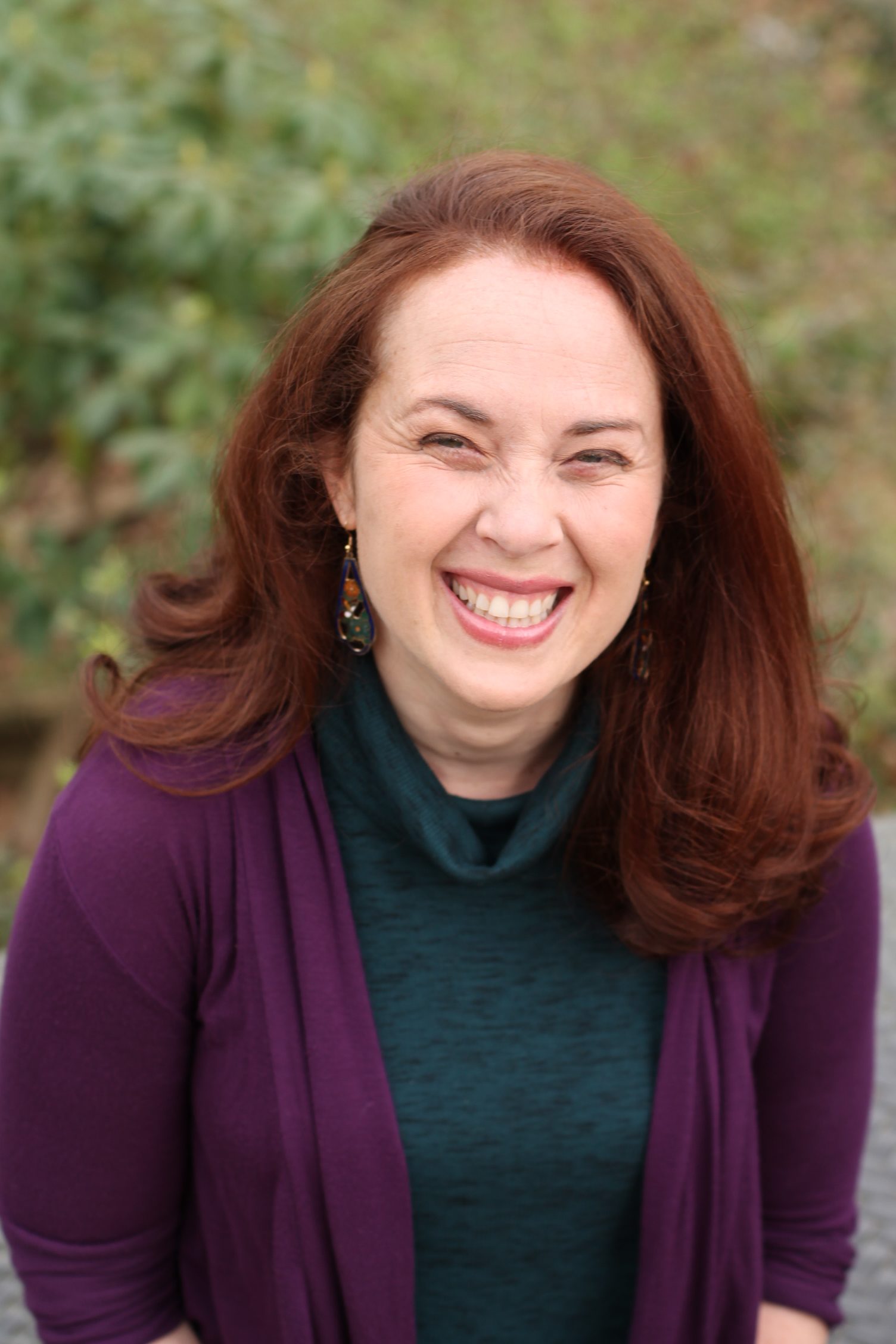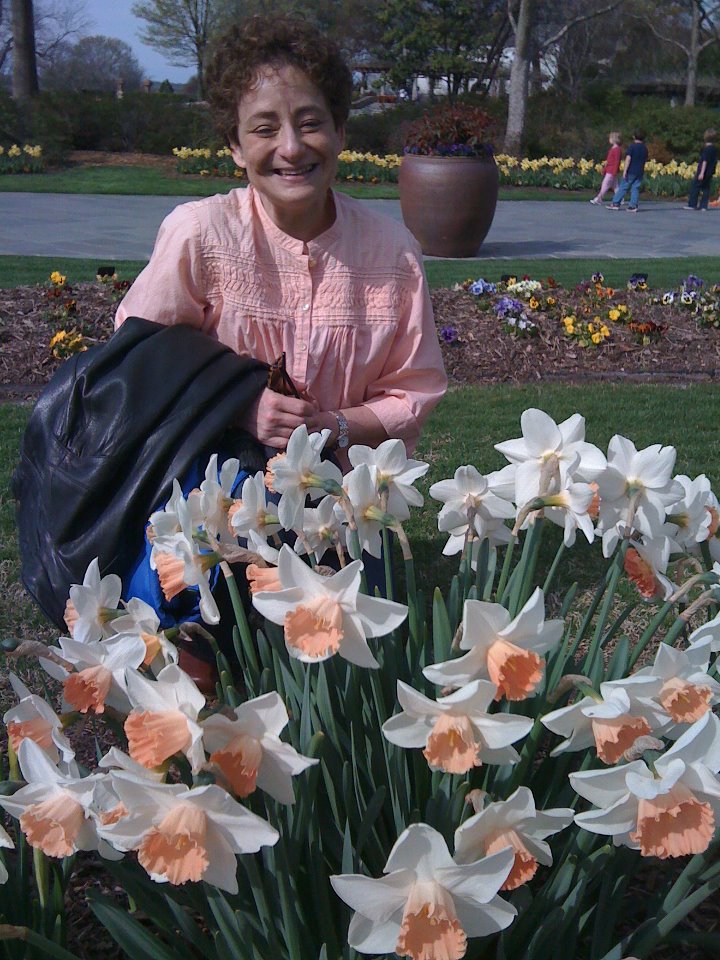Expressive Arts for the Present Moment
Recommended Materials:
Please have handy anything that you would like to use to create – drawing supplies, paints, collage materials, clay, and/or pen and paper for writing. Don’t worry if you don’t have access to art supplies – another option would be to share an object that’s meaningful to you along with the object’s story!
Nov 17, 2020, 12-2pm, Tuesday
Where:
Live-stream only
Continuing Education:
2 Hours (details)
Fees:
$35
** Current UNC-SSW students, staff and faculty**
Free of charge
Description:
Trainers:
 Hillary Rubesin, Ph.D., LPCS, REAT is the Clinical Director of the Art Therapy Institute, a nonprofit organization based in Carrboro, NC. She received both her Ph.D. and her MA in Expressive Therapies and Mental Health Counseling from Lesley University, where she was trained to incorporate various expressive arts modalities within psychotherapy practice. At ATI, Dr. Rubesin provides supervision to new clinicians and graduate-level interns, and continues to see clients in both individual and group sessions. The majority of her clinical work is with refugee and immigrant women and children in local schools and community-based settings. She also co-facilitates the Arts and Peer Support Group, a free, weekly, community-based arts group for adults living with severe and persistent mental illness. Beyond her work at ATI, Dr. Rubesin is currently an adjunct professor in Lesley’s Expressive Therapies graduate program.
Hillary Rubesin, Ph.D., LPCS, REAT is the Clinical Director of the Art Therapy Institute, a nonprofit organization based in Carrboro, NC. She received both her Ph.D. and her MA in Expressive Therapies and Mental Health Counseling from Lesley University, where she was trained to incorporate various expressive arts modalities within psychotherapy practice. At ATI, Dr. Rubesin provides supervision to new clinicians and graduate-level interns, and continues to see clients in both individual and group sessions. The majority of her clinical work is with refugee and immigrant women and children in local schools and community-based settings. She also co-facilitates the Arts and Peer Support Group, a free, weekly, community-based arts group for adults living with severe and persistent mental illness. Beyond her work at ATI, Dr. Rubesin is currently an adjunct professor in Lesley’s Expressive Therapies graduate program.
 Laurie Selz-Campbell, MSW, CPRP is a Clinical Associate Professor at the UNC-Chapel Hill School of Social Work, where she teaches courses in social justice, disability, the life course, and mental health recovery, among others. She is also a Certified Psychiatric Rehabilitation Practitioner and has worked for many years with adults living with severe mental illness, and was part of the team that implemented the first structured peer support programs in psychiatric hospital and community settings in North Carolina. In 2011, Laurie partnered with Hillary to co-found the Arts and Peer Support Group, which she continues to co-facilitate. She is committed to bringing the voices of individuals with lived experience into social work education, frequently inviting group members to the School of Social Work to share their experiences and their artwork (as well as art making) with students.
Laurie Selz-Campbell, MSW, CPRP is a Clinical Associate Professor at the UNC-Chapel Hill School of Social Work, where she teaches courses in social justice, disability, the life course, and mental health recovery, among others. She is also a Certified Psychiatric Rehabilitation Practitioner and has worked for many years with adults living with severe mental illness, and was part of the team that implemented the first structured peer support programs in psychiatric hospital and community settings in North Carolina. In 2011, Laurie partnered with Hillary to co-found the Arts and Peer Support Group, which she continues to co-facilitate. She is committed to bringing the voices of individuals with lived experience into social work education, frequently inviting group members to the School of Social Work to share their experiences and their artwork (as well as art making) with students.
Learning Objectives
At the conclusion of the workshop, participants will be able to:
1. Name and describe at least 2 ways that the expressive arts can contribute to the therapeutic/healing process.
2. Identify and apply at least 1 form of expressive arts in clinical practice in a way that fits with your population and setting.
3. List and explain at least 2 general principles and strategies for incorporating the arts into allied mental health interventions.
References
- Clapp, L.A., Taylor, E.P., Di Folco, S., & Mackinnon, V.L. (2018). Effectiveness of art therapy with pediatric populations affected by medical health conditions: A systematic review. Arts & Health, 11(3), 183-201. https://doi.org/10.1080/17533015.2018.1443952
- Collie, K., & Čubranić, D. (2002). Computer-supported distance art therapy: A focus on traumatic illness. Journal of Technology in Human Services, 20(1-2), 155-171. https://doi.org/10.1300/J017v20n01_12
- Conrad, D., & Sinner, A. (Eds.). (2015). Creating together: Participatory, community-based, and collaborative arts practices and scholarship across Canada. Wilfred Laurier University Press.
- Frostig, K. (2011). Arts activism: Praxis in social justice, critical discourse, and radical modes of engagement. Art Therapy, 28(2), 50-56. https://doi.org/10.1080/07421656.2011.578028
- Hadley, S. (2013). Dominant narratives: Complicity and the need for vigilance in the creative arts therapies. Arts in Psychotherapy, 40(4), 373-381, https://doi.org/10.1016/j.aip.2013.05.007.
- Levine, S. K., & Levine, E. G. (Eds.). (1999). Foundations of expressive arts therapy: Theoretical and clinical perspectives. Jessica Kingsley Publishers.
- Malchiodi, C. A. (Ed.) (2005). Expressive therapies. The Guilford Press.
- Moon, B. (2016). Art-based group therapy: Theory and practice (2nd ed.). Charles C. Thomas
- Mortola, P. (2019). Play becomes real for adults: Measuring effectiveness of expressive arts media for therapists in training using the oaklander approach. Gestalt Review, 23(1), 67-83. https://doi.org/10.5325/gestaltreview.23.1.0067
- Rogers, N. (1993). The creative connection: Expressive arts as healing. Science & Behavior Books.
- Rosen, C. M., & Atkins, S. S. (2014). Am I doing expressive arts therapy or creativity in counseling? Journal of Creativity in Mental Health, 9, 292-303. https://doi.org/10.1080/15401383.2014.906874
- Rubesin, H. (2016). The stories we share: Reflections on a community-based art exhibit displaying work by refugees and immigrants. Journal of Applied Arts & Health, 7(2), 159-174. https://doi.org/10.1386/jaah.7.2.159_1
- Sajnani, N. (2012). Response/ability: Imagining a critical race feminist paradigm for the creative arts therapies. The Arts in Psychotherapy, 39(3), 186-191. https://doi.org/10.1016/j.aip.2011.12.009
- Spooner, H., Lee, J. B., Langston, D. G., Sonke, J., Myers, K. J., & Levy, C. E. (2019). Using distance technology to deliver the creative arts therapies to veterans: Case studies in art, dance/movement and music therapy. The Arts in Psychotherapy, 62, 12-18. https://doi.org/10.1016/j.aip.2018.11.012
